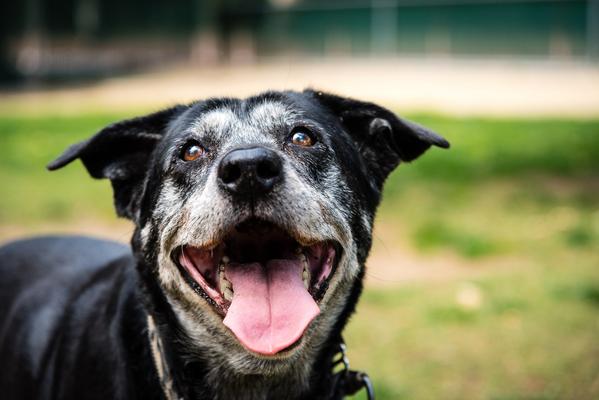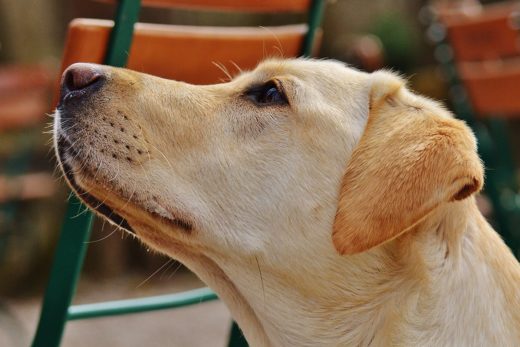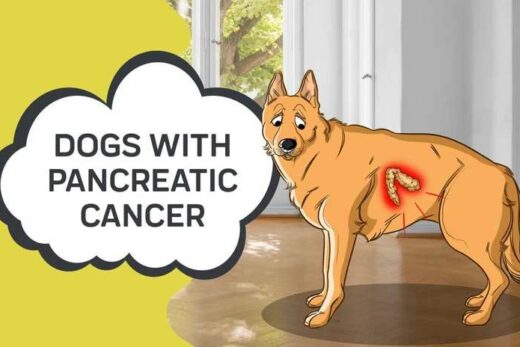
Getting old is hard on all of us, and it’s no different for your aging dog. You may have noticed your dog, who once seemed to have endless amounts of energy, is now slowing down and dealing with the effects of old age. We’ve outlined some of our top tips for ensuring your senior dog lives their life to its full potential.
Diet and Nutrition
With age, running around the dog park and chasing squirrels begins to seem a bit far-fetched. Your senior dog is likely not getting the same amount of exercise as they used to which means they are burning far fewer calories. It’s important to measure the amount of exercise your dog is getting and adjust their meal plan accordingly.
Older dogs tend to lose muscle for this same reason. To maintain healthy and strong muscles, senior dogs should be given meals with a higher protein-to-calorie ratio. With a lack of protein, the body has a harder time maintaining energy levels and metabolism. Ensuring your dog is receiving protein-rich meals will help them feel both physically and mentally stronger.
Mobility
Apart from changes to their nutritional requirements, loss of mobility also has other implications for how you should care for your senior dog. Pay close attention to how your dog handles certain situations and adjust obstacles that are within your control. For example, invest in rugs or carpet to help with traction and stability. Small environmental changes like these can help your senior dog feel more comfortable and reduce the likelihood of an accident.
Be sure to pay attention to your dog’s physical needs. Maintaining proper hygiene can help manage unnecessary pain and discomfort. Trim your dog’s nails regularly to help with any discomfort while walking. Some dogs also have hair between their paw pads that can cause slipping when wet. Be sure to trim your senior dog’s hair and nails and be on the lookout for other hygiene issues that may be causing discomfort.
Health Conditions
Much like humans, dogs can develop health conditions at any age, but it is much more likely as they get older. Some of the most common health problems in senior dogs are dental diseases, arthritis, diabetes, kidney disease, and heart disease. Of course, if your dog is experiencing any issues with their health, you should consult your vet and develop a care plan based on your dog’s specific needs. If your dog has not been diagnosed with any health conditions, it is important to keep an eye out and remain attentive as they age so you can catch early signs of any health condition that may arise.
You may notice your older dog shedding excessively. Some senior dogs may develop alopecia as a normal part of their aging process. However, excessive hair loss may also be a sign of illness, hormonal abnormality, or nutritional deficiencies. Digestion issues are also common which may lead to older dogs vomiting after eating. While this could just be a normal occurrence of your dog’s stomach not agreeing with the food they ate, it can also be a sign of more serious digestion issues. To avoid this, give your dog easy to digest food and ensure they are eating at a slower pace. If your dog does throw up after eating, hold off on giving them any more food, give them plenty of water to rehydrate, and consult your vet for next steps.





